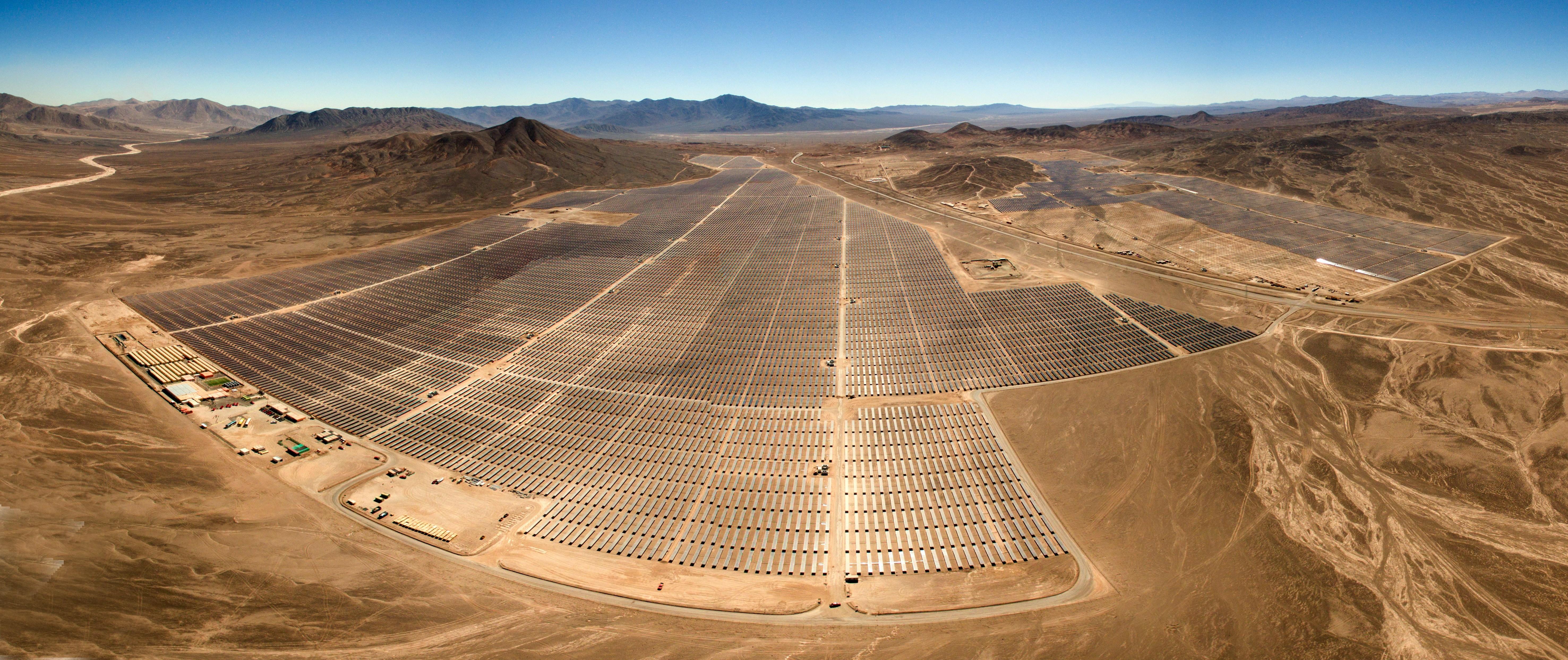
Transitioning to a sustainable energy system, which involves the widespread adoption of renewable energy technologies (RETs) such as wind, solar, and biomass, is essential for reducing carbon emissions, meeting global energy demands, and mitigating the impacts of climate change. However, while these technologies are beneficial on a large scale, their rapid development has led to significant local environmental and social challenges. Improper assessments and implementations of renewable energy projects have resulted in conflicts and resource injustices within communities where these technologies are being deployed.
This study investigated global instances where the development of renewable energy projects has caused conflicts and environmental injustices. By analyzing data from the Global Atlas of Environmental Justice, we identified and examined 102 cases of RET-related environmental conflicts that occurred between 2001 and 2021. The findings revealed that in 55 of these cases, environmental justice was not achieved, and in 20 cases, the outcomes were ambiguous. The primary drivers of these injustices included the displacement of Indigenous communities, exclusion of local communities from decision-making processes, and the prioritization of business interests over biodiversity conservation and community welfare.
To address these issues, we proposed the Critical Restoration Geography framework. This framework outlines seven key principles designed to prevent environmental injustices in the development of renewable energy projects. These principles include:
1. Recognizing and deconstructing existing power dynamics to ensure fairer decision-making processes.
2. Incorporating multiple knowledge systems, including traditional and local knowledge, to create more comprehensive and inclusive strategies.
3. Promoting social justice by ensuring that all community members have a voice and that their needs and concerns are addressed.
4. Ensuring transparent and equitable decision-making processes.
5. Protecting biodiversity and prioritizing the health of local ecosystems.
6. Engaging in continuous monitoring and adaptation to address any emerging issues promptly.
7. Fostering genuine community participation and ownership in renewable energy projects.
By applying these principles, the framework aims to guide policymakers and stakeholders in developing renewable energy projects that are not only environmentally sustainable but also socially just. This approach seeks to ensure that the transition to sustainable energy benefits all communities and does not exacerbate existing inequalities or create new conflicts.
Based on paper on global renewable energy injustice https://www.sciencedirect.com/science/article/pii/S2214629624002007 by Dr Ramit Debnath, Assistant Professor and Cambridge Zero Fellow

